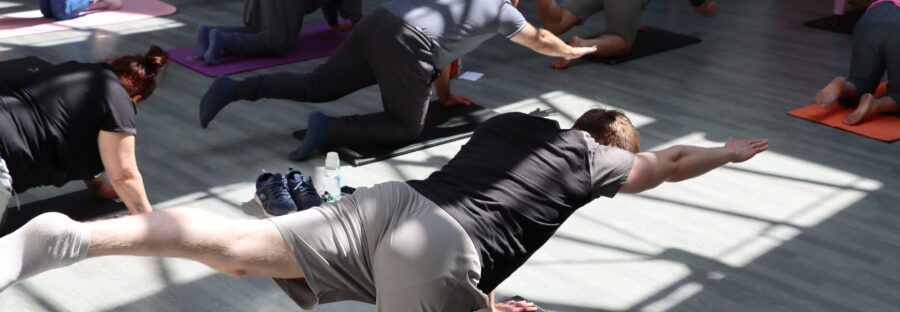The Manchester Active referral service making an impact
- Physical Activity Referral Service improving health
- Classes offered to individual’s needs and ability
- Lower risk drop ins started 12 months ago at Withington Library
The Physical Activity Referral Service by Manchester Active has set out to help people manage both their mental and physical health for over the past 10 years.
The initiative is accessed through referral from a health or social professional, with the goal of promoting physical activity as a means of improving both physical and mental health.
Given the mental health cuts implemented by the government over the past decade, the Physical Activity Referral Service (PARS) is helping to combat this through physical activity.
“If your mental health deteriorates then you struggle to look after yourself even more, and then your physical health deteriorates.”
Physical Activity Neighbourhood Officer, Dan Roberts
With services in North, South and central Manchester, I spoke to Physical Activity Neighbourhood Officer, Dan Roberts, who runs the Physical Activity Referral Service drop ins in Withington Library.
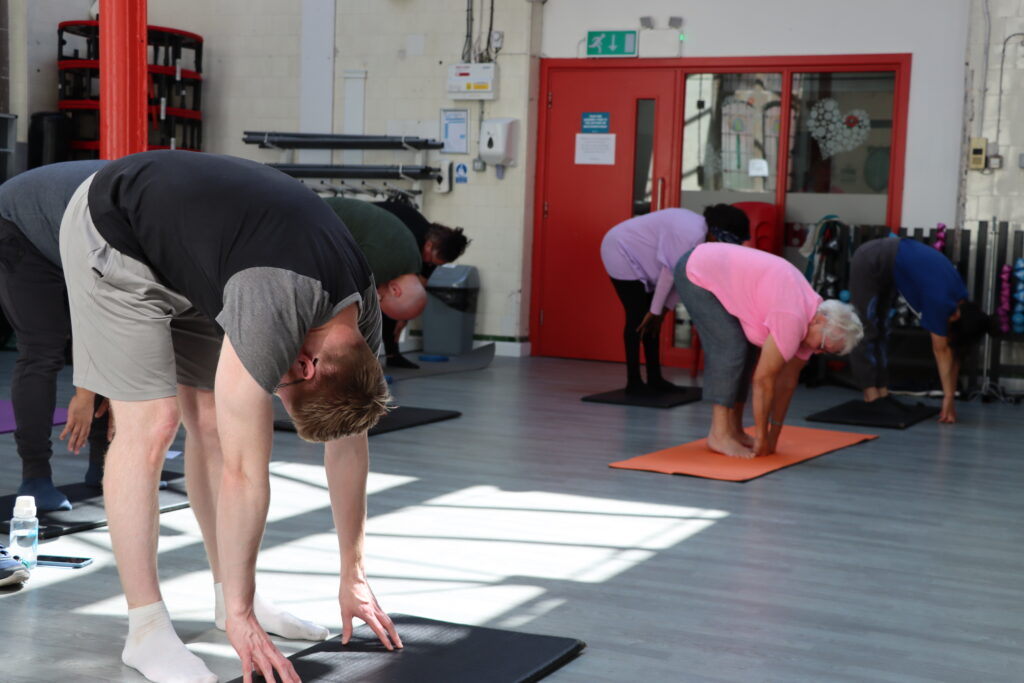
Dan explained how while the service has been running in Withington from 10 to 15 years, the drop ins are relatively new, running for the past 12 months now.
Recently, Manchester Active have instated an additional ‘pathway’ to support people with lower risk health conditions, alongside the original ‘pathway’ for people with higher risk conditions.
People were previously only referred by their health or social professional once they developed a condition, then received an assessment and got invited to a specific class.
Alternatively, Dan is now hosting drop ins for people at lower health risk, whereby they receive a letter after being referred, then come to have a conversation with him. He can then signpost the individual to the most suitable provision.
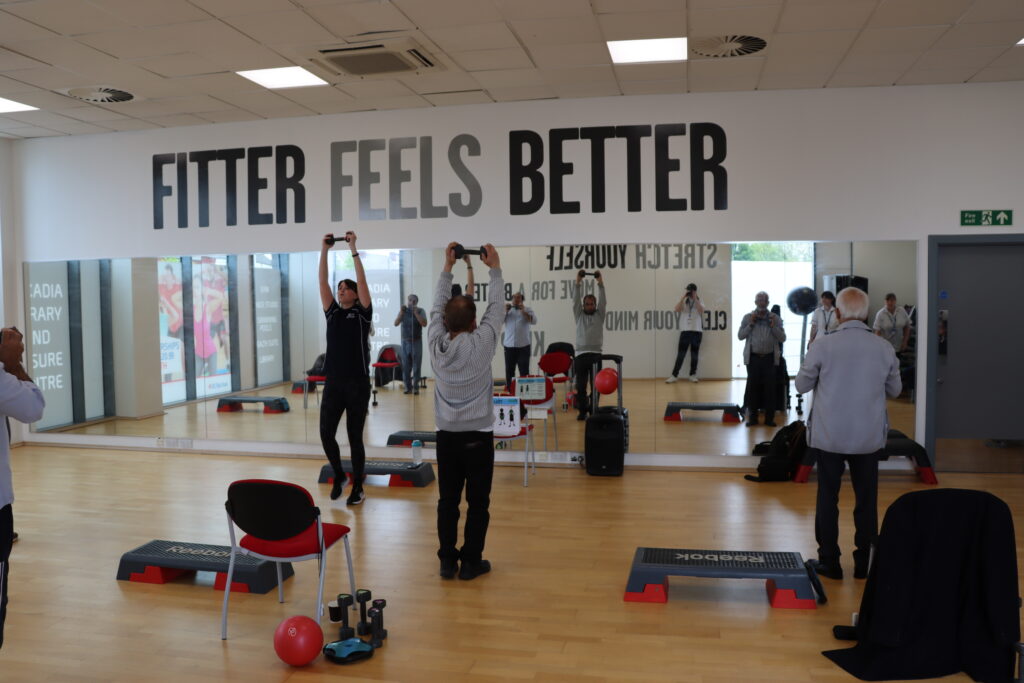
The aim of these drops ins for people with lower overall health risks is to prevent conditions from arising before a diagnosis is necessary. They may currently have breathlessness, pre-Diabetes, or moderate anxiety.
Dan made it clear that they are always looking to evolve and develop the service, which is clear from the progressions over the past few years. While they have many goals with PARS, the number of independent facilitators for classes are what is holding them back from expanding further currently.
Manchester Active PARS
The referral service offers a range of classes suited to a person’s needs and preferences.
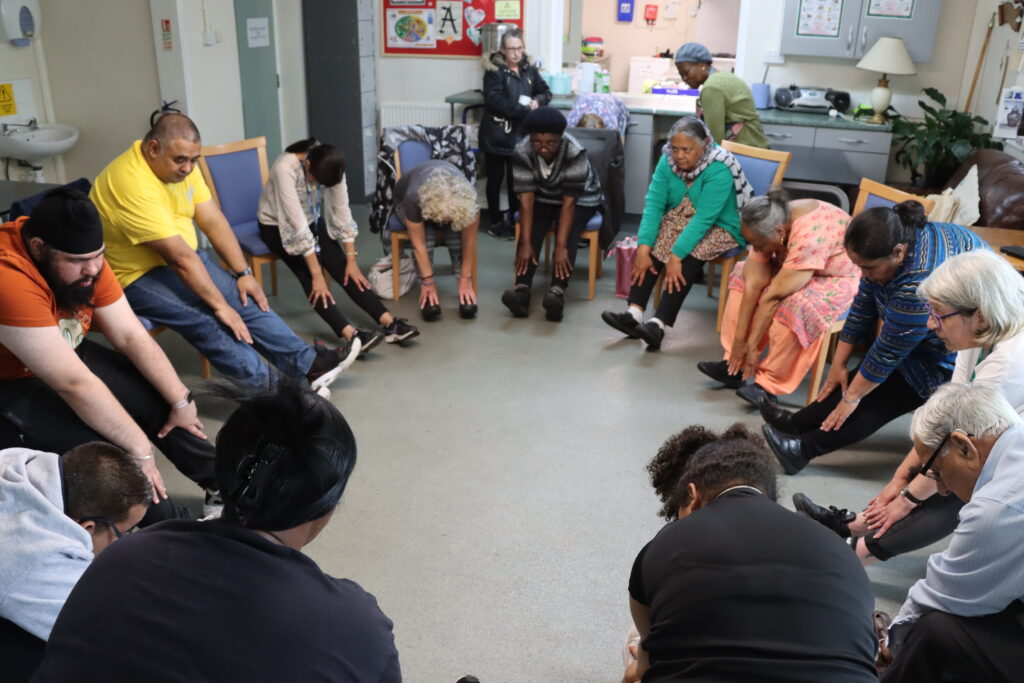
The lower risk drop ins allow the person to have an open and honest conversation with Dan, helping him to better understand the individual’s needs and explain the service.
Dan said: “It’s not assessment based, it’s not booking based. It’s just come and engage and do what you can. I’ve been doing drop ins at Withington for the past 12 months now I think and it’s definitely the busiest one, simply due to transport links.”
The sessions are held at local leisure or community centres around Manchester and taught by qualified community providers and instructors. The classes are generally circuit based, ranging from seated exercise, to chair assisted exercise, to standing exercise. These lower risk classes focus on strength and balance. Some use free weights and resistance training, while others don’t.
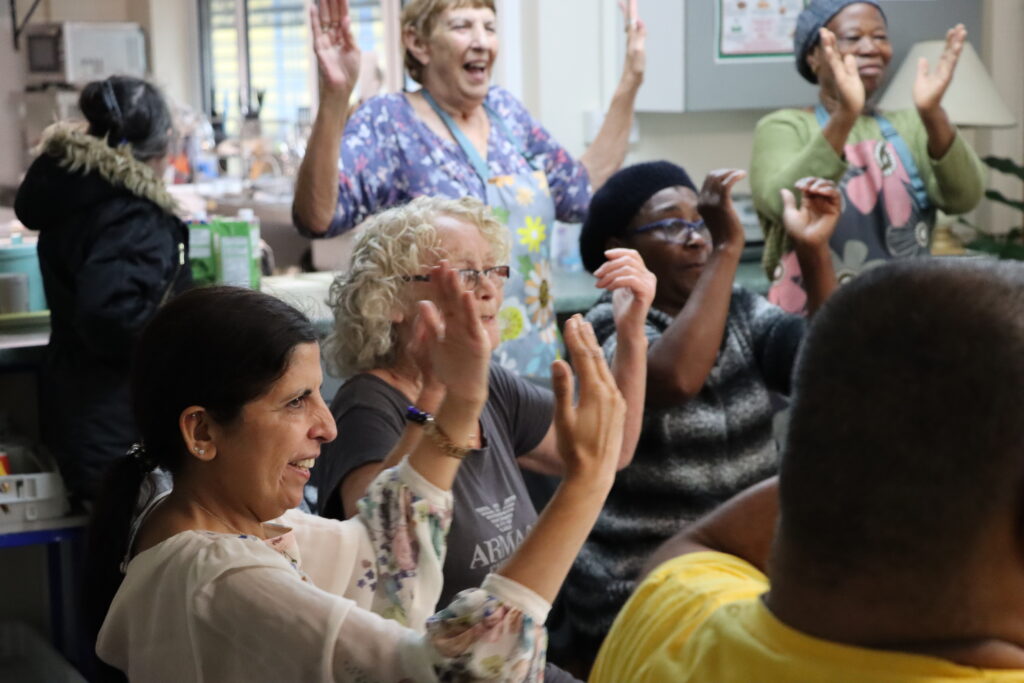
They also provide higher risk classes to those that undergo assessment after referral. The higher risk tier classes are research based and scientifically proven to help with certain conditions. Classes centre around back pain, respiratory conditions, and risk of falls etc.
Each of the three pathways on which you are referred come with varying degrees of hands-on support. Dan explained how a person can move between pathways (higher risk to lower risk) as their needs change over time, while emphasising the importance of independent organisations in reaching their goals.
Dan said: “Finding community organisations that deliver physical activity, grant funding them to help buy new equipment or pay for an instructor and then we can refer people onto them. It’s almost that third step then. You’ve got the high-risk and once they get better they go to the low-risk, and once they get better again they go into independent activity that we have relationships with that we’re confident we can send people to.”
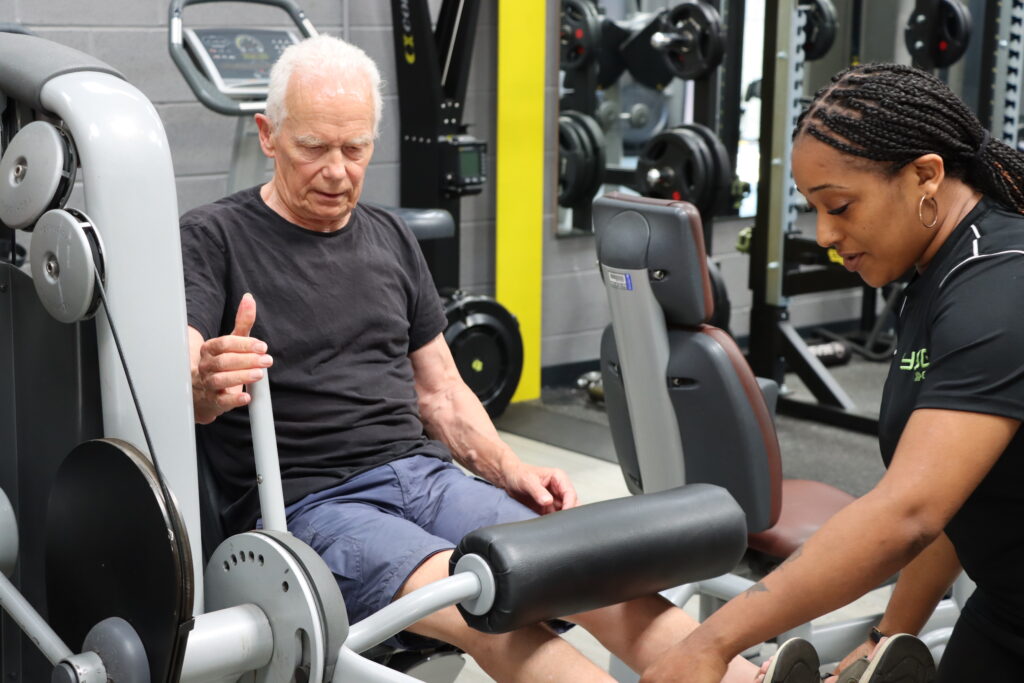
The Impact
While mental health referrals aren’t as common for the service, Dan’s initial conversations with people highlight that mental health is as much a concern as physical health.
Dan said: “Generally most of the referrals aren’t necessarily for mental health but when you speak to people you could qualify nearly every single one of them as needing a mental health referral. Whereby someone might be referred for having MSK, but when you speak to them they have all these other compounding conditions including mental health challenges.”
“Everyone cares in this job. Everyone that I work with cares about these people.”
Physical Activity Neighbourhood Officer, Dan Roberts
“The older generation might not ask for mental health support but they’ll be referred for something else and you’ll pick up on it when speaking to them,” he added.
Dan explained how he is consistently networking with other organisations so they are aware of PARS. He also learns what they offer so he can signpost people to services that might help manage other life factors beyond physical activity, that might be contributing to mental health challenges.
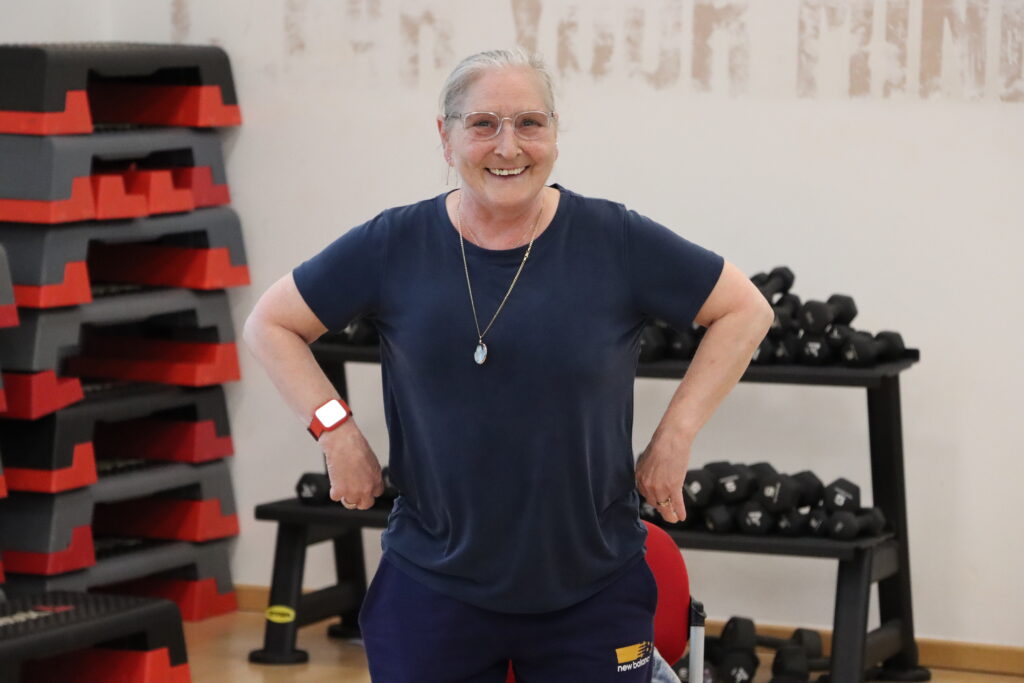
I spoke to several people in Withington Library who were there to access the service, while they were awaiting their talk with Dan. It was clear people access PARS for a wide range of reasons, both physically and mentally.
One man I spoke to was there to access the service after having long covid for several months. He had been referred by his doctor, with the hope that accessing classes could help with his respiratory system.
I also had a conversation with a lady who was accessing the service to help manage her weight. In recent years she had cared for her mum and sister who both had cancer, with food helping her find comfort. Having been an NHS nurse previously, she recognised how beneficial the service is and hoped it would also help improve her mental health by meeting friends at the classes.
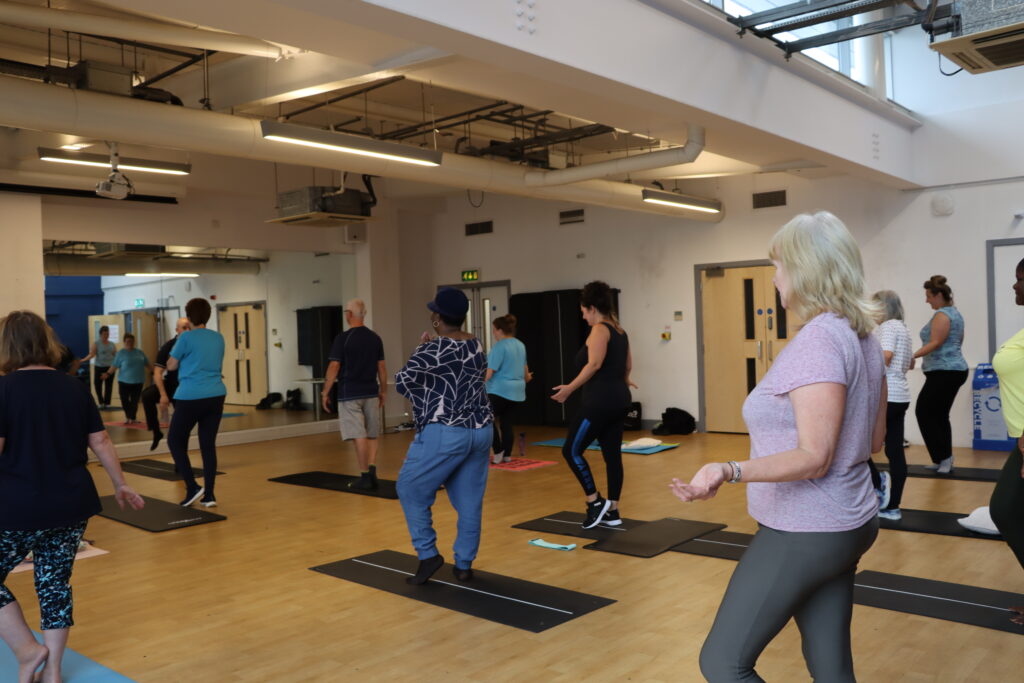
“If your mental health deteriorates then you struggle to look after yourself even more, and then your physical health deteriorates. Most people don’t care about the physical activity, once they get to the classes they realise that it’s actually the social aspect that they really enjoy,” he added.
The link between physical health and mental health is undisputed. Each of them aids the other.
The classes help promote physical exercise as not only improving fitness and health conditions, but how a sense of community and moving more helps better mental wellbeing in the long term too.


